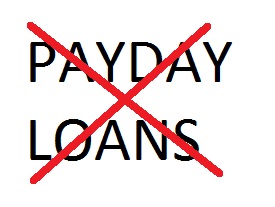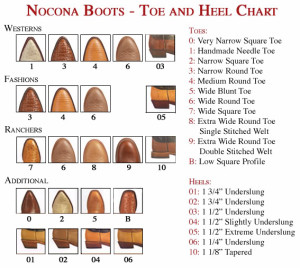 Ever feel convicted about wasting food when you clean out the refrigerator?
Ever feel convicted about wasting food when you clean out the refrigerator?
Then try the ideas offered in, Tips to Reduce Food Waste. Practices as simple as letting vegetables have room to breathe in the cripser drawer and using leftover seafoods and meats to make stock can greatly reduce the amount of food that spoils before it can be consumed. This article not only offers food saving alternatives but better ways to use all parts of fruits and vegetables, including recipes to try at home. Imagine the feeling of opening an empty fridge and knowing that you and your family ate everything that was in there leaving no waste.








